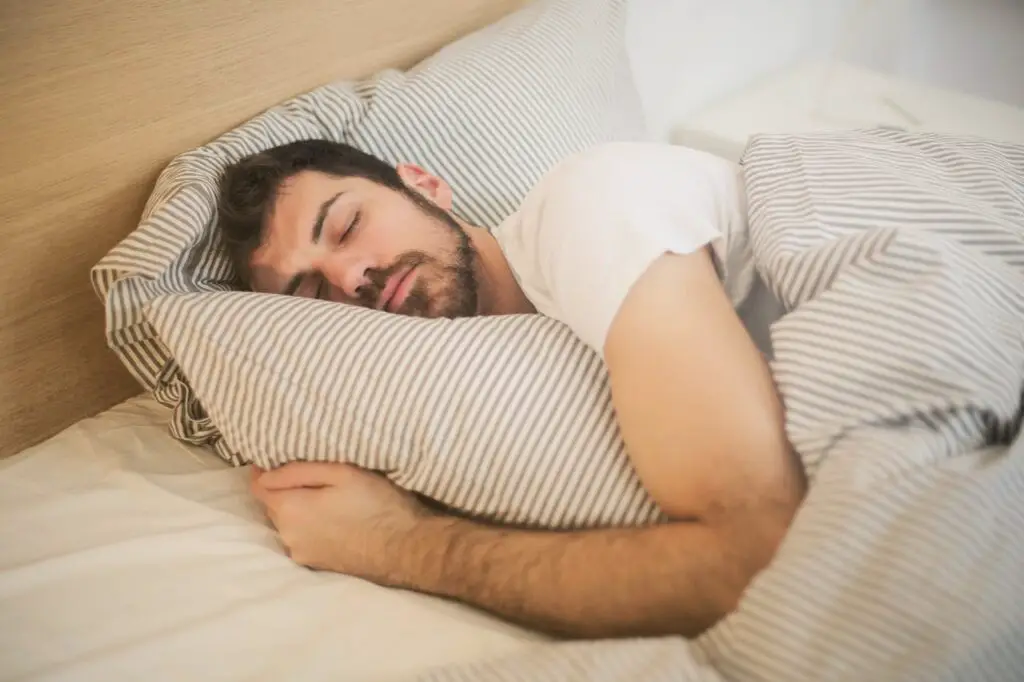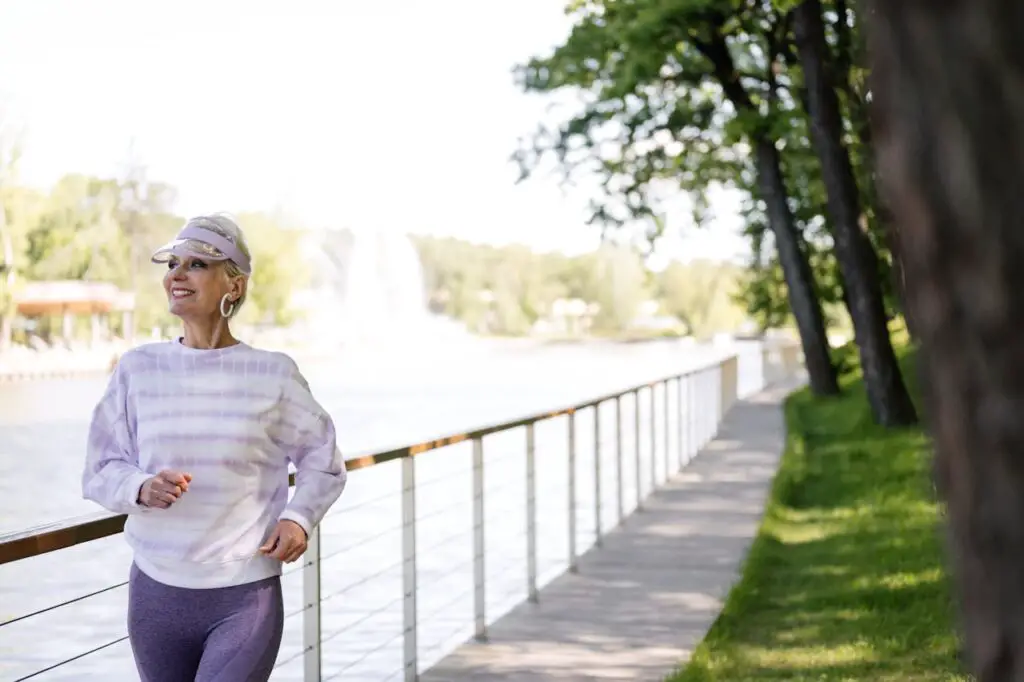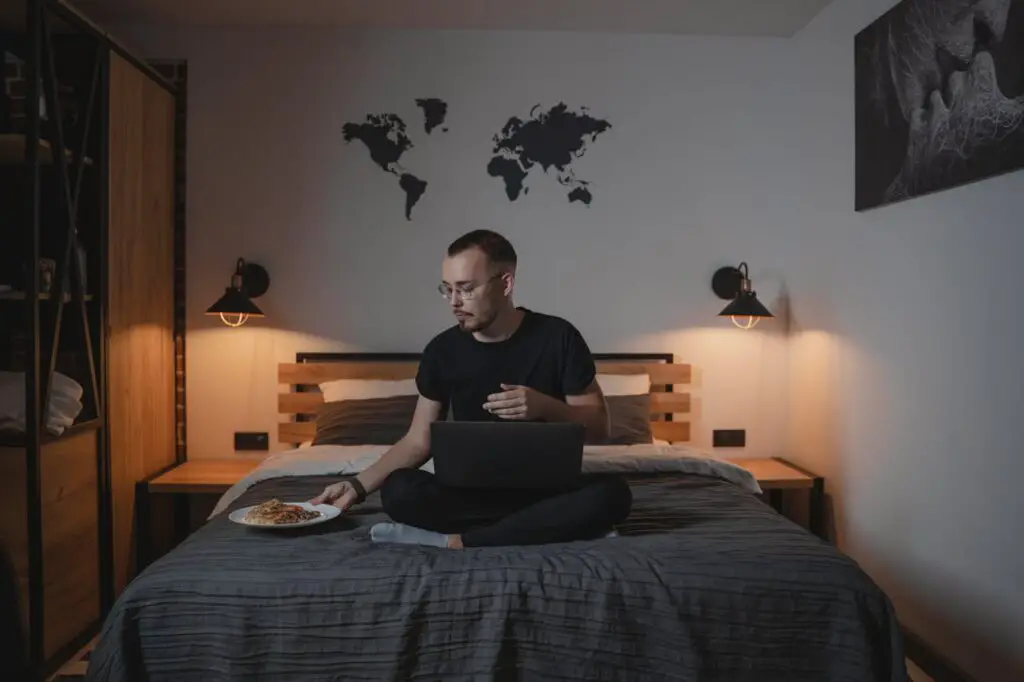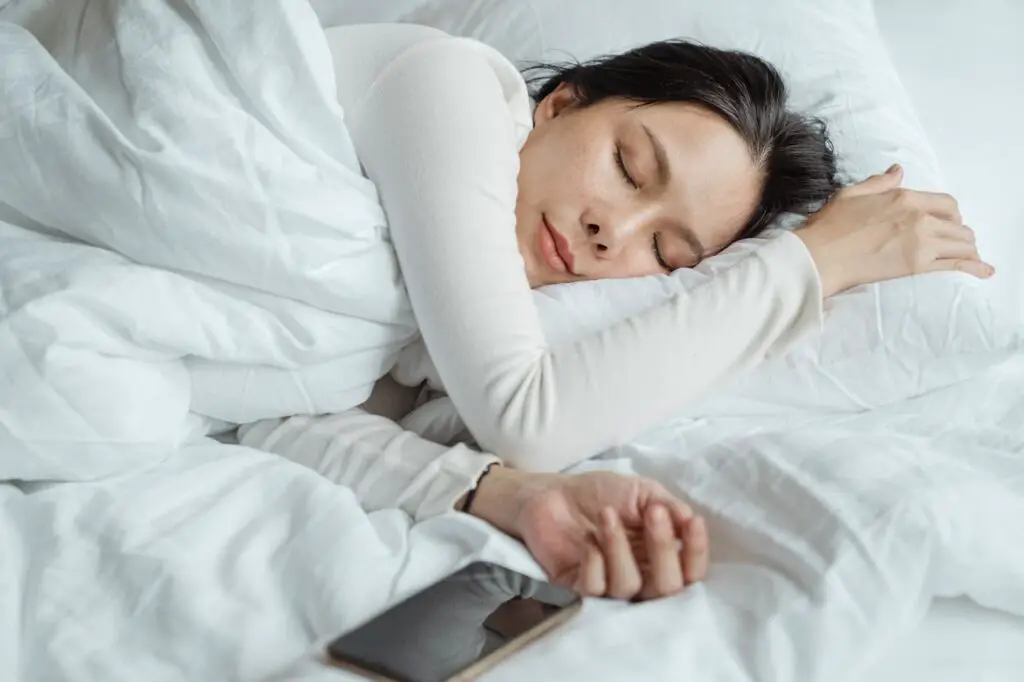7 Simple Ways to Improve Your Sleep Without Taking Pills: Unlock Better Rest Naturally

Struggling with sleepless nights? You’re not alone. In fact, poor sleep is one of the most common complaints among adults, and the temptation to reach for sleep aids can be strong. However, there are many natural and simple ways to improve your sleep without relying on pills. From adjusting your environment to changing your daily habits, these techniques can help you unlock better, more restful sleep and improve your overall well-being. Here are seven simple strategies to enhance your sleep naturally.
1. Create a Sleep-Friendly Environment

Your sleep environment plays a significant role in the quality of your rest. A room that’s too bright, noisy, or cluttered can interfere with your ability to fall and stay asleep. To create an optimal sleep environment, start by making sure your bedroom is dark, cool, and quiet. Consider investing in blackout curtains to block out external light, using a white noise machine or earplugs to mask sounds, and adjusting the thermostat to a comfortable temperature (usually between 60-67°F). Keep your bedroom tidy and free from distractions like electronic devices, which can interfere with your sleep cycle.
A clutter-free, organized space is essential for your mind to relax and transition into a restful sleep state. Additionally, try to reserve your bed for sleep only, as this helps create a mental association between your bedroom and rest. Incorporating calming colors, like soft blues or greens, can also promote relaxation and tranquility, aiding in falling asleep faster and staying asleep throughout the night.
2. Stick to a Consistent Sleep Schedule

One of the most effective ways to improve your sleep is by maintaining a consistent sleep schedule. Going to bed and waking up at the same time each day, even on weekends, helps regulate your body’s internal clock, making it easier to fall asleep and wake up naturally. This consistency strengthens your circadian rhythm, which controls your sleep-wake cycle, ensuring you get the restorative rest your body needs.
If you’re having trouble getting to sleep at a consistent time, try gradually adjusting your bedtime by 15-minute increments until you find a routine that works for you. Waking up at the same time every day, even if you’ve had a poor night’s sleep, can also help reset your internal clock, making it easier to fall asleep the next night. The more consistent you are, the more your body will recognize the routine and adapt, leading to better quality sleep over time.
3. Practice Relaxation Techniques Before Bed

Before hitting the pillow, engage in relaxation techniques to calm your mind and body. Stress and anxiety are major culprits when it comes to sleeplessness, so finding ways to relax is key. Practices like deep breathing, progressive muscle relaxation, or meditation can help lower your stress levels and prepare you for sleep. Even simple activities like reading a book, taking a warm bath, or practicing gentle stretches can help signal to your body that it’s time to wind down.
One helpful method to try is the 4-7-8 breathing technique: inhale for 4 seconds, hold your breath for 7 seconds, and exhale for 8 seconds. This technique activates the body’s parasympathetic nervous system, which induces a state of calm. Over time, incorporating relaxation exercises into your nightly routine can make it easier to transition into sleep, ultimately improving both the quantity and quality of your rest.
4. Limit Caffeine and Alcohol Intake

While a cup of coffee or an evening glass of wine might seem harmless, both caffeine and alcohol can negatively impact your sleep. Caffeine, a stimulant, can stay in your system for hours, interfering with your ability to fall asleep or stay asleep. It’s best to avoid caffeinated beverages (coffee, tea, soda) in the afternoon and evening. Instead, opt for herbal teas like chamomile or peppermint, which are known for their calming properties.
Alcohol, on the other hand, may make you feel drowsy initially, but it disrupts the later stages of sleep, leading to poor-quality rest. If you’re looking to unwind in the evening, try herbal teas or warm milk, both of which can have a soothing effect without the disruptive impact of alcohol. For better sleep, try to limit your caffeine intake to the morning and keep alcohol consumption moderate, especially before bed.
5. Get Active During the Day

Exercise is one of the most effective natural sleep aids available, but timing is important. Regular physical activity promotes better sleep by helping you fall asleep faster and enter deeper sleep stages. Aim for at least 30 minutes of moderate exercise most days of the week. Activities like walking, swimming, or cycling are excellent ways to improve sleep quality without over-stimulating your body.
However, avoid vigorous workouts close to bedtime, as they can raise your heart rate and make it more difficult to wind down. If you prefer to exercise later in the day, try to finish your workout at least three hours before bedtime to give your body time to cool down. Additionally, staying active throughout the day can help regulate your energy levels, making it easier to fall asleep at night when you’re ready for rest.
6. Avoid Heavy Meals Before Bed

What you eat and when you eat it can also influence your sleep. Eating heavy, rich meals close to bedtime can lead to discomfort and indigestion, making it harder to fall asleep. Try to finish large meals at least two to three hours before you go to bed to give your body time to digest. If you’re hungry before bed, opt for a light snack that promotes sleep, such as a banana, a small handful of nuts, or a piece of turkey, which contains the sleep-inducing amino acid tryptophan.
Avoid spicy or fatty foods that may cause digestive issues or heartburn, as they can disrupt your rest. Additionally, be mindful of your portion sizes during dinner. Eating too much too late can trigger acid reflux, discomfort, and even nightmares, all of which interfere with a restful night’s sleep. The goal is to feel satisfied, not overly full, before heading to bed.
7. Get Natural Sunlight Exposure During the Day

Your body’s natural sleep-wake cycle is regulated by light, particularly sunlight. Exposure to natural light during the day helps signal to your brain that it’s time to be alert, while darkness at night tells your body to prepare for sleep. Try to get outside for at least 20-30 minutes during the day, especially in the morning, to help reset your internal clock. The earlier in the day you can soak in some sunlight, the better it will help your circadian rhythm.
If you’re working indoors all day, try sitting near a window or using a light therapy box to mimic natural sunlight. This exposure to daylight can improve your mood, energy levels, and most importantly, the quality of your sleep. If you’re unable to get outside, consider investing in a light therapy device, which can help boost your exposure to light and regulate your sleep patterns.
Final Thoughts

Improving your sleep doesn’t have to involve pills or expensive treatments. By incorporating these seven simple strategies into your daily routine, you can enhance your sleep quality, feel more rested, and enjoy the many health benefits of good sleep. Whether it’s creating a relaxing sleep environment, sticking to a consistent sleep schedule, or getting more sunlight exposure, small changes can make a big difference. Prioritize your sleep and give your body the rest it deserves – naturally.
These tips are not just for those struggling with insomnia; they can benefit anyone looking to boost the quality of their sleep. Try implementing a few of these strategies and observe how they impact your sleep patterns over time. You’ll likely find yourself waking up feeling more refreshed and energized, without the need for sleep pills. Here’s to better sleep and better health!
Leave a Reply